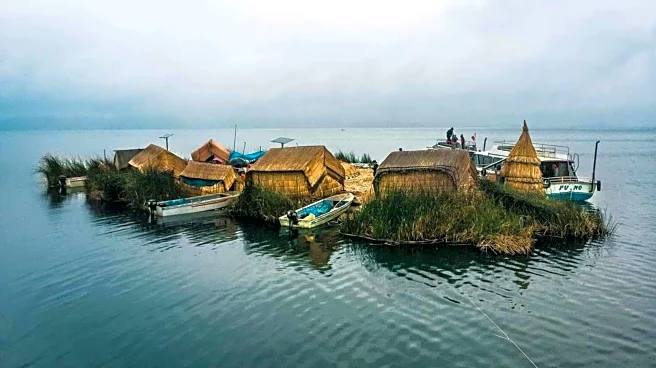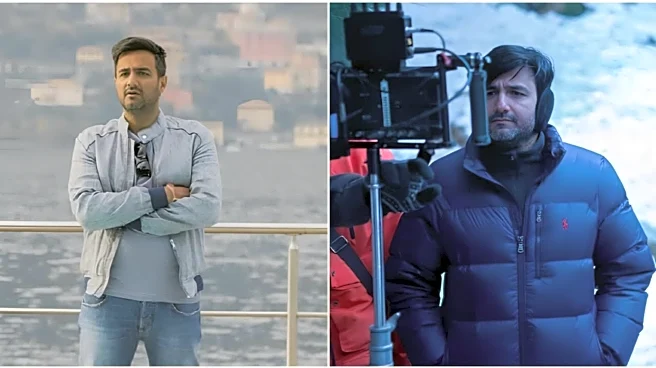In a first-of-its-kind diplomatic and military outreach, the Indian Army is all set to host the United Nations Troop Contributing Countries (UNTCC) Army Chiefs’ Conclave in New Delhi from October 14 to 16. Sources told CNN-News18 that China and Pakistan have not been invited to the high-profile gathering, while Bangladesh and Nepal, two of the largest troop contributors, will be represented by their Vice Chiefs or three-star officers.
The conclave will see participation from at least 15 foreign Army Chiefs, along with senior commanders and key defence representatives from Asia, Africa, and Latin America. Overall, the event will bring together the top brass from over 30 nations that actively contribute troops to UN peacekeeping missions.
The discussions
will revolve around improving the effectiveness of UN peacekeeping missions, promoting interoperability, and strengthening coordination among participating countries.
A senior official described the meet as a “first-of-its-kind initiative” designed to amplify the voice of troop-contributing nations in the United Nations’ peacekeeping architecture. They also argue that over time the space has become more dominated by decision-making countries that contribute fewer boots on the ground.
The three-day event will also showcase India’s growing defence diplomacy and its commitment to multilateral peacekeeping. Sessions will focus on the use of indigenous technologies and innovations, better training practices, and safety for peacekeepers serving in conflict-prone regions.
India, one of the largest and longest-serving contributors to UN peacekeeping, has deployed over 2.75 lakh personnel across 50 missions over the years. Officials say the conclave will also provide a platform for India to highlight its evolving role as a responsible global partner in maintaining peace and stability.
Countries expected to participate include Algeria, Bhutan, Bangladesh, Brazil, Burundi, Ethiopia, Ghana, Indonesia, Kenya, Malaysia, Mongolia, Nigeria, Nepal, Rwanda, Sri Lanka, Uganda, and Vietnam, among others.
The outcomes of the New Delhi conclave are expected to feed into broader UN-level deliberations on how peacekeeping operations can adapt to new and emerging security challenges across the world.



/images/ppid_59c68470-image-177063755582312629.webp)








/images/ppid_59c68470-image-177063764817626347.webp)

/images/ppid_59c68470-image-177063761267729404.webp)
/images/ppid_59c68470-image-177063757950084328.webp)